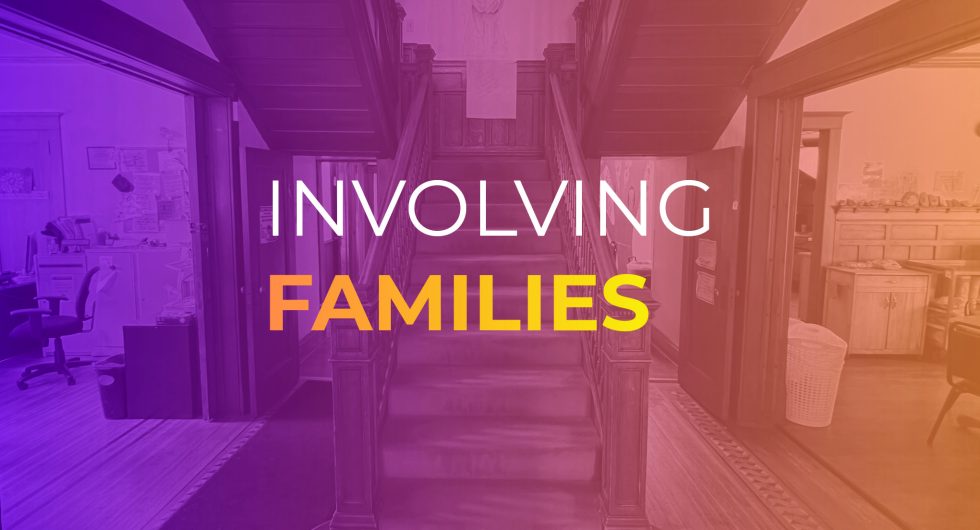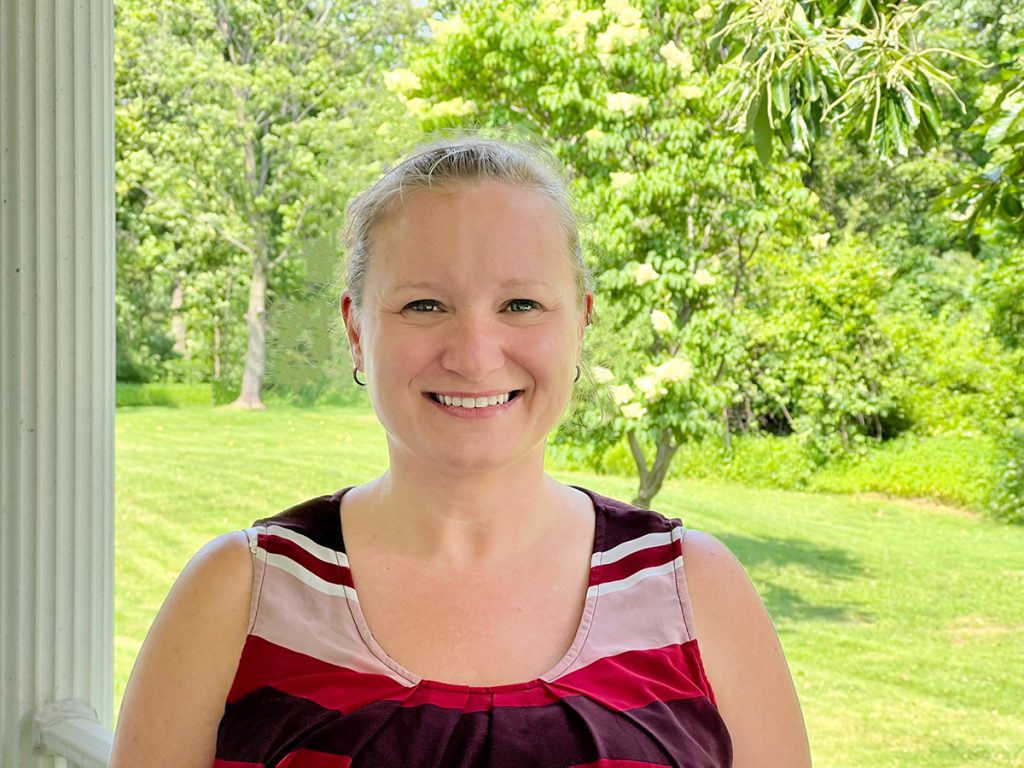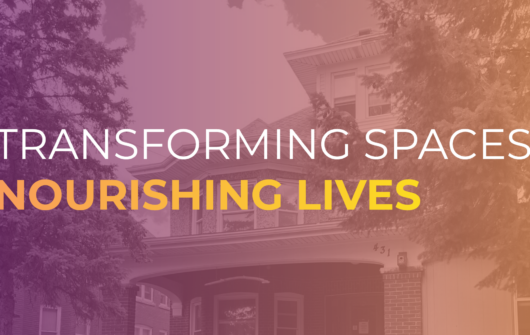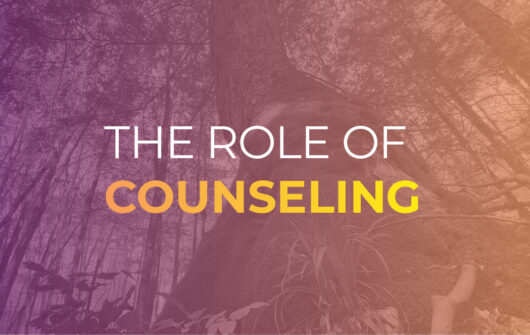Involving Families in Substance Use Disorder Services & Treatment
Posted on: June 30, 2022

For many people, reconnecting with families is a major part of the recovery process. This is because it can lead to sustained behavior change and thus increase the chances for long-term sobriety.
Erin DeWolfe, Somerset House’s Reintegration Manager, and her staff are experts at bringing families and other supports into the recovery process. Residents are required to identify three sober supports in their first few weeks at the program. Staff work with residents to identify and screen these supports, some of which can be supportive and sober family members. Residents can also invite their family members for collaborative sessions in person at Somerset House or over the phone.

Of course, maintaining or re-establishing contact with family can come with challenges. Many residents may feel overwhelmed with the idea. “We break it down for them into little baby steps,” said Erin. If things are particularly fraught, staff encourage residents to kick things off with letter writing. “It’s a good way to start early on,” Erin said.
Many residents have family members who may still be using, and this can be a potential trigger for their own substance use. In these situations, staff support the residents to be strategic if they have to maintain contact with that person. For example, a resident’s former partner may still use, but they need to maintain contact if they share custody of a child. “That’s tough,” Erin said. In response, she and her staff help residents develop and maintain healthy and firm boundaries.
The Importance of Reciprocity
For residents who do have supportive friends and family, Somerset House stresses the importance of reciprocity in these relationships. “You don’t want to utilize one support for everything,” Erin explained. “It’s too much.” Instead, residents are encouraged to develop multiple support relationships where possible. They’re also suggested to give back so that family members don’t get burned out or frustrated. Demonstrating initiative with simple things like planning or setting up meetings can be a big help.
When talking with family members, Erin makes sure to thank them profusely for their efforts and involvement, too. “They don’t get a lot of ‘thank yous’,” said Erin. “They’re expected to give and give, which they have for years. It can be exhausting.”
Demonstrating reciprocity can lead to significant positive changes in family relationships. After years of division and frustration, this can be very welcome. “Sometimes residents are surprised with how much of a difference a few months can make,” Erin said. “Just getting a family member to accept a phone call is huge for some. Small things become big when they haven’t spoken in 15 years.”
Other Recent Posts
Your donation can save a life!
In the grip of the opioid epidemic, you can make a difference. Any amount helps.





